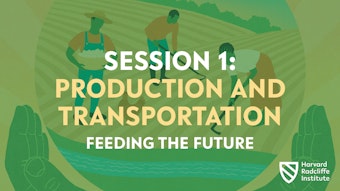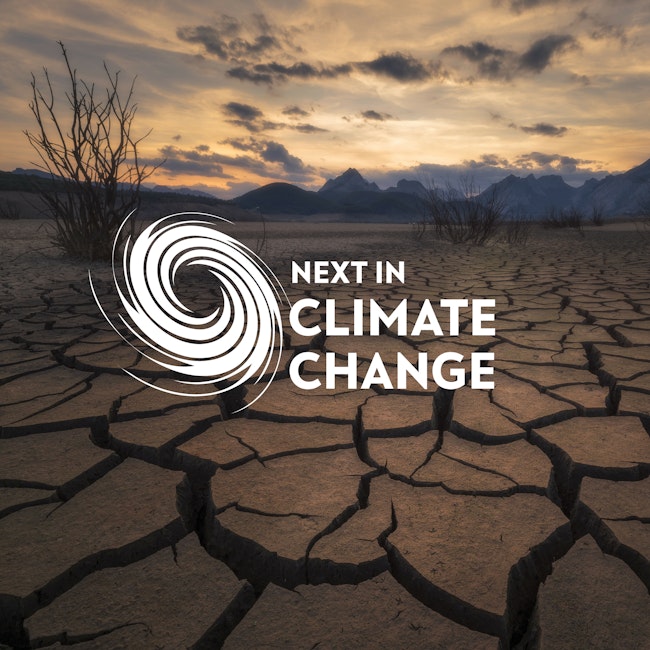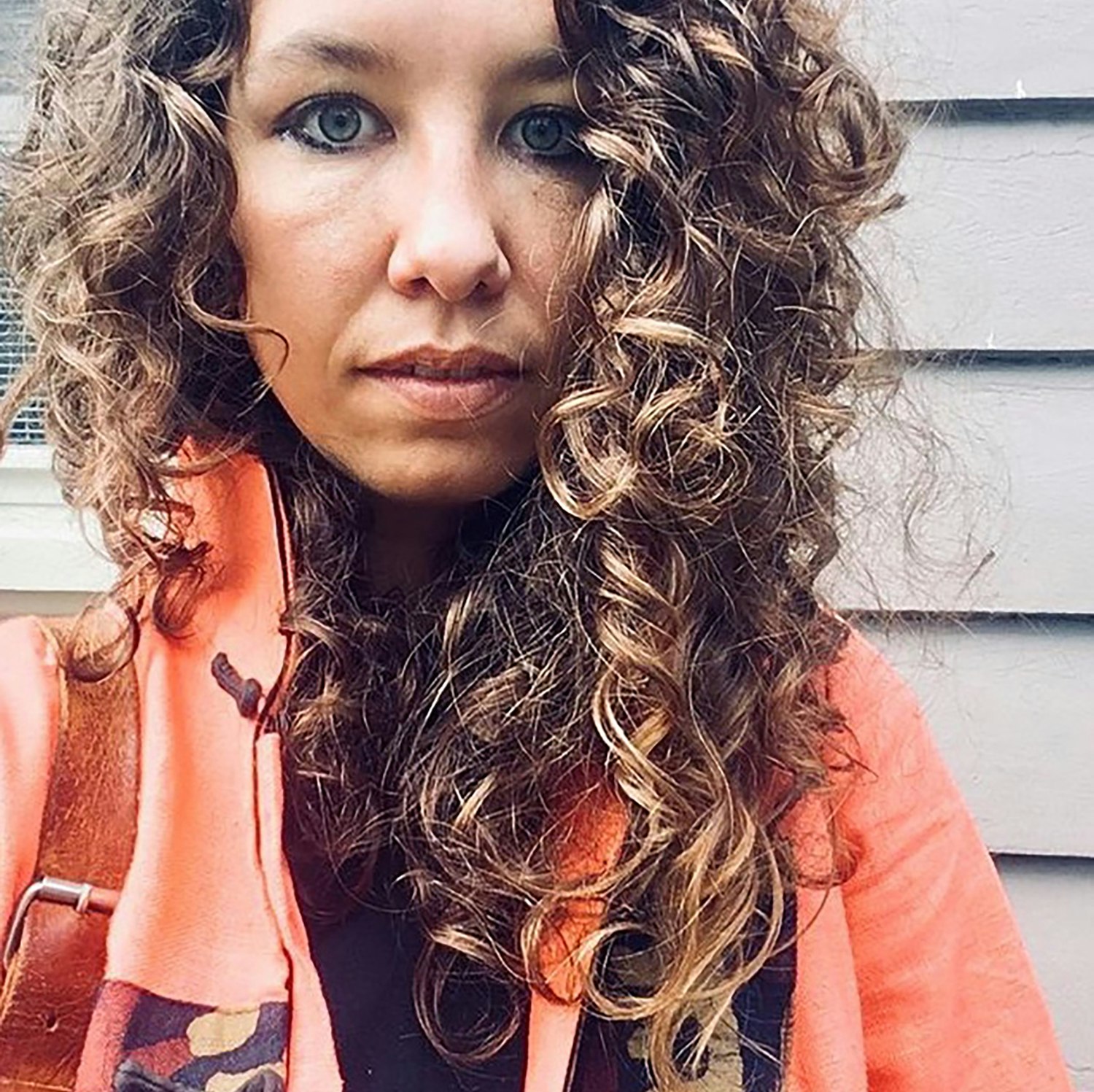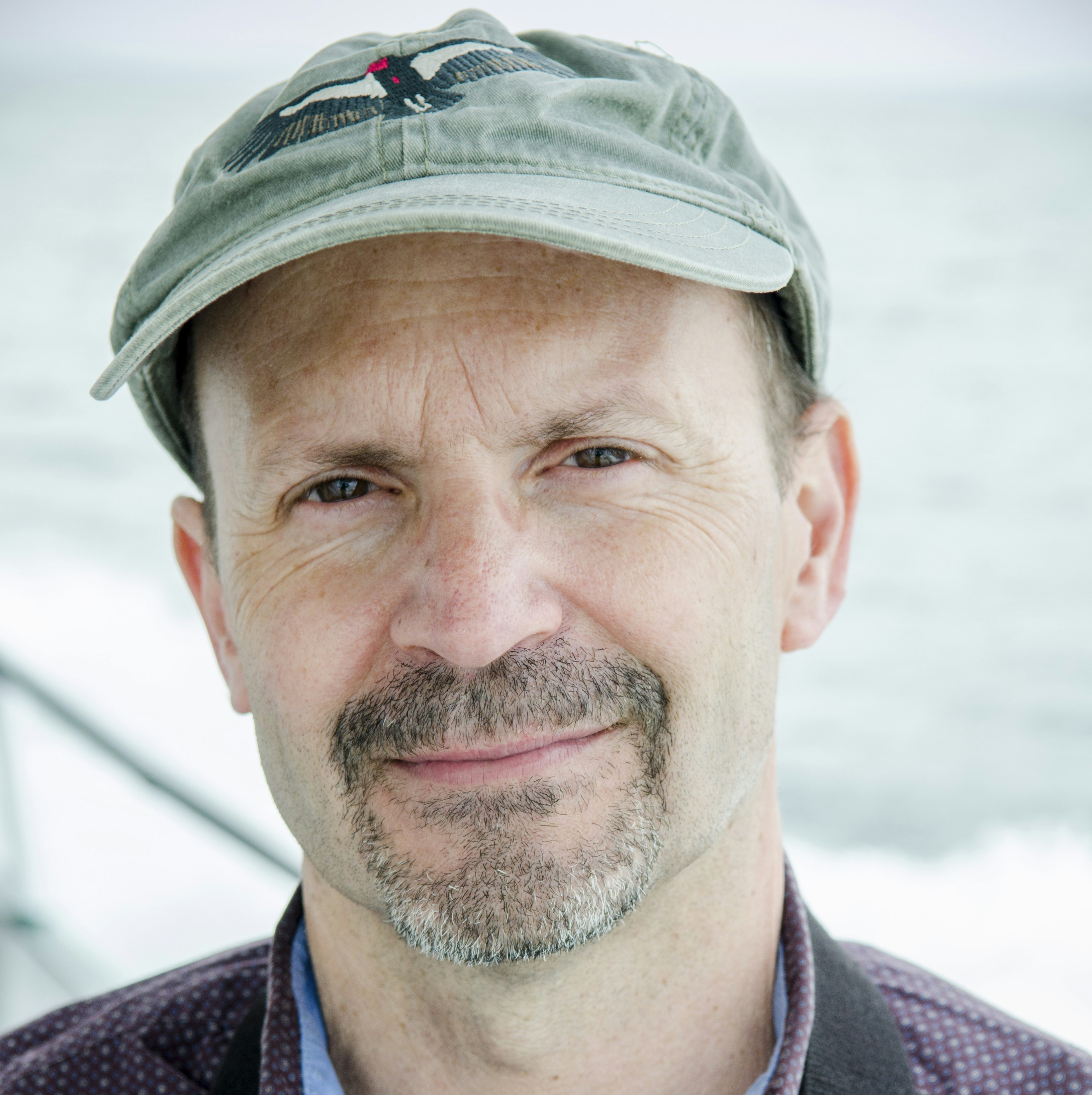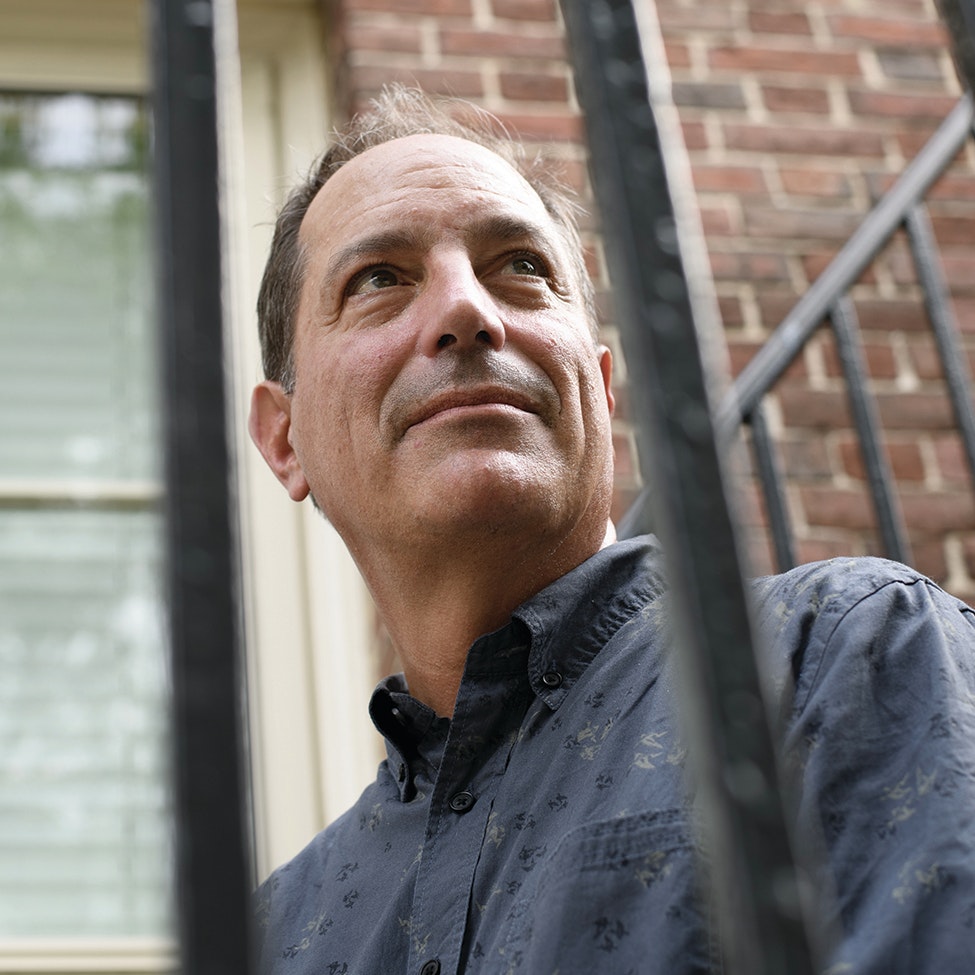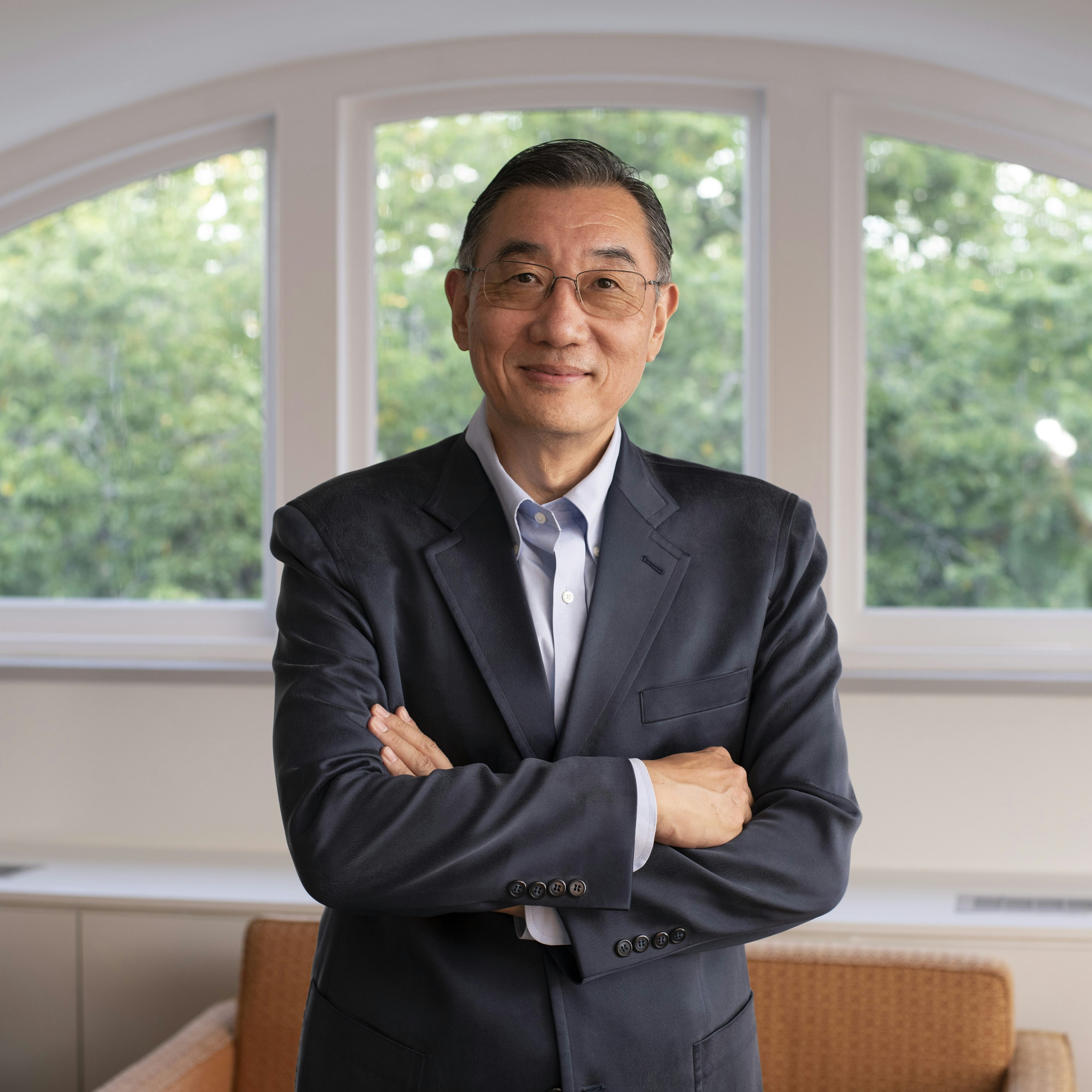Climate Change Initiative
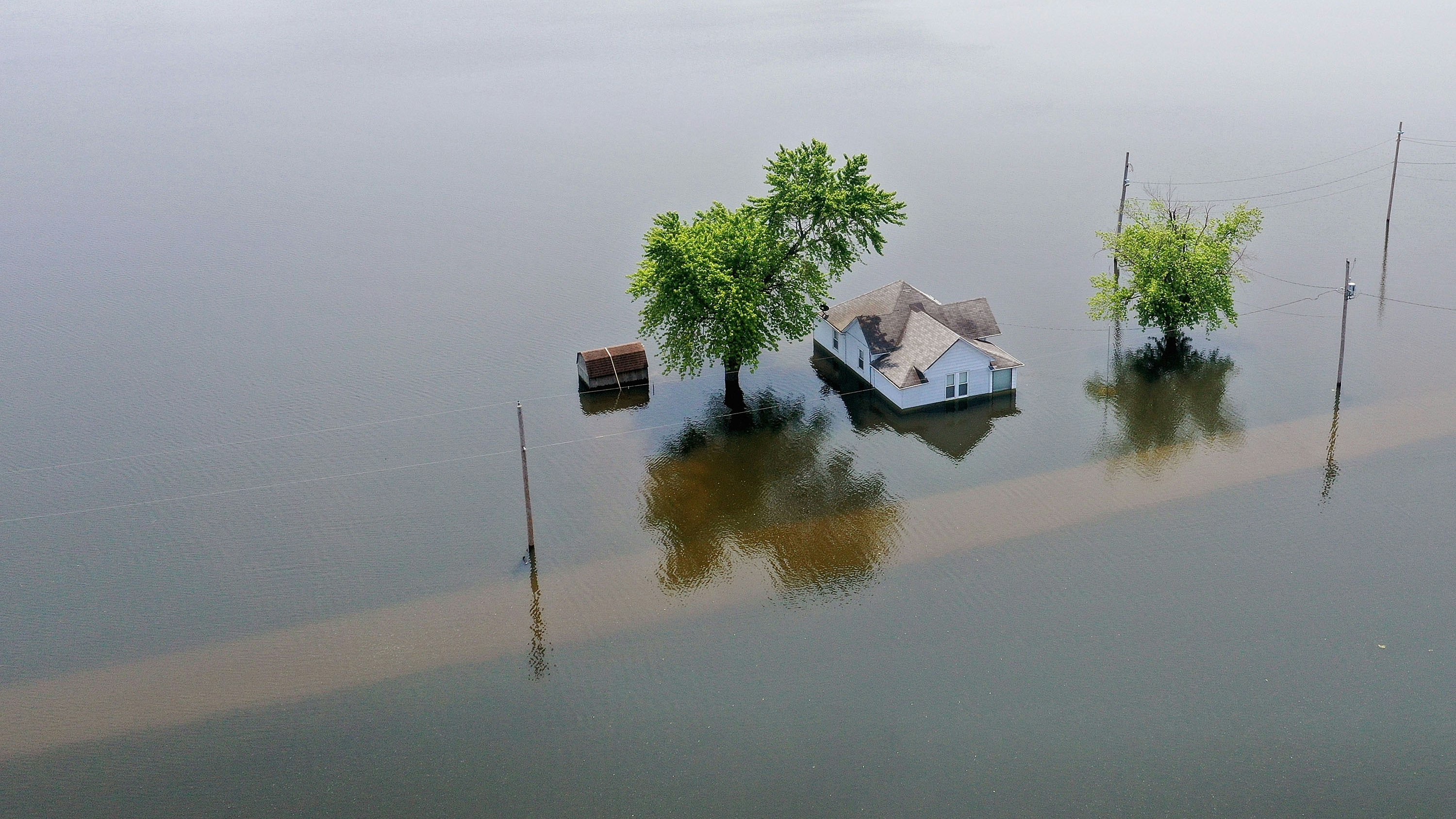
Harvard Radcliffe Institute’s climate change initiative is focused on advancing interdisciplinary insights and action that center the communities and ecosystems that are most vulnerable to the effects of climate change—and doing so in collaboration with partners at the University and beyond.
Harvard Radcliffe Institute will support our interdisciplinary community of faculty, fellows, staff, and students in their pursuit of climate research and advocacy that address critical questions of impact and equity. The Institute will convene leading scholars, policymakers, artists, activists, and others to:
- Center the experience and elevate the insights of those most affected by the climate crisis;
- Raise awareness of climate justice research and advocacy driven by youth leaders at Harvard and beyond;
- Foster the interdisciplinary exchange necessary to drive research, explore humans’ complex relationship with the environment, and discern innovative solutions to the climate crisis; and
- Collaborate with local and University partners to amplify our collective impact.
At the heart of this work is the Institute’s commitment to supporting and sharing research that promotes innovative solutions and equitable action. This initiative is driven by the mounting urgency of the global climate crisis and our belief that Radcliffe’s unique approach—interdisciplinary by design and animated by a legacy of promoting inclusion—will generate valuable new insights.
Radcliffe is part of a rich ecosystem at Harvard, and within the Greater Boston area, of climate change research and advocacy. Radcliffe’s work will include a range of efforts implemented in partnership with Harvard’s Salata Institute for Climate and Sustainability. Throughout this initiative, we will amplify the work of youth leaders—at Harvard and beyond—who continue to energize and advance the climate action movement.
Public Programming on Climate
Harvard Radcliffe Institute reaches national and international audiences through its public programming. Radcliffe supports vital conversations—from small group gatherings to major public conferences—that create productive dialogue around difficult and complex issues, advancing discourse on topics related to climate change and climate justice.
Events Related to Climate Include:
Research Support for Climate-Related Work
Radcliffe invests in the work of leading scholars, public intellectuals, and practitioners focused on climate change and climate justice through its Fellowship Program. With the Salata Institute for Climate and Sustainability, Radcliffe supports the work of a growing cohort of Radcliffe-Salata Climate Justice Fellows.
Fellows Include:
—Hong Yang, 2022–2023 William and Flora Hewlett Foundation Fellow, Harvard Radcliffe Institute
Radcliffe sponsors multidisciplinary seminars and workshops led by Harvard- and Radcliffe-affiliated scholars to launch and support important research agendas. Each seminar convenes 10–15 scholars and practitioners from around the world to advance their work in a collaborative setting.
In partnership with the Center for International Development (CID) at Harvard Kennedy School, Harvard Radcliffe Institute’s Climate Policy Accelerator Workshop program provides funding to Harvard scholars and practitioners to accelerate the development of innovative policy ideas concerning action to address climate change, especially climate justice.
- Reimagining Forest Resilience through the Lens of Rate-Induced Transitions
- Plant Futures: Equipping and Empowering the Next Generation of Leaders Needed to Transform Food Systems
- The Challenge and Opportunity of Climate Change for Political Science
- Climate Change and Mental Health: Developing a Framework for Interdisciplinary Investigation
- Conversations on Ecological Urbanism in Latin America
- Climate Justice: Understanding Differential Exposures to Environmental Hazards, Disparities in Climate-Health Outcomes, and Improving Equity in Planning and Design
Climate Opportunities for Students
Radcliffe creates dynamic learning experiences and research opportunities related to climate change and climate justice for high school, college, and graduate students. If you are a student interested in funding your own project, conducting research with faculty and fellows, or exploring internship or mentorship opportunities, consult the Institute’s Opportunities for Students page or reach out to us directly at academicprograms@radcliffe.harvard.edu.
Archival Resources Related to Climate
Radcliffe’s Schlesinger Library on the History of Women in America is accessible to researchers inside and beyond Harvard University. The Schlesinger Library holds collections of environmental and animal rights activists, ecofeminist artists, and environmental toxicologists, as well as the historical records of environmental science organizations, local nature clubs, and industry activist collectives.
